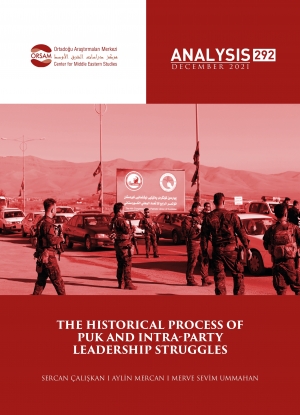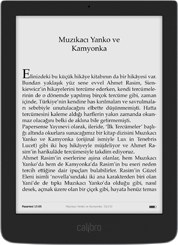One of the historical breaking points for the Kurds in Iraq occurred when Ibrahim Ahmed left the Kurdistan Democratic Party (KDP) in 1975, which was founded in 1946 by Mullah Mustafa Barzani, his partner in the opposition movement against the Iraqi government, and formed the Patriotic Union of Kurdistan (PUK) with Jalal Talabani. Over time, the PUK became the driving force of the Iraqi Kurdish political movement together with the KDP, and has witnessed an increasingly intense leadership struggle since October 2017, when Jalal Talabani, who became the leader of the PUK after Ibrahim Ahmed, passed away. The leadership struggle became much more visible after the decision taken at the General Leadership Council on February 11, 2020, that the party would be ruled by a co-chairmanship system instead of a general secretariat system. As a result of the voting in the Leadership Council, Jalal Talabani's son Bafel Talabani and his cousin Lahur Sheikh Jangi were appointed as co-chairmen of the party, and this struggle turned into a competition in which the opposing sides directly targeted each other. In fact, with the transition to the co-chairmanship system, both figures tried to make appointments that would change the structure of the PUK security units in their favor. The rivalry became more and more intense and reached the point of allegations that Lahur wanted to have Bafel poisoned, transforming into a situation where the two opposing sides wanted to purge the other from the PUK.
At this point, one could argue that the struggle within the PUK has the potential to affect not only itself but also the internal politics of the KRG as well as the position of the Kurds in Iraq and the region. From this point of view, it is important to tackle the process from the establishment of the PUK to the present day in terms of understanding Iraqi Kurdish politics.




